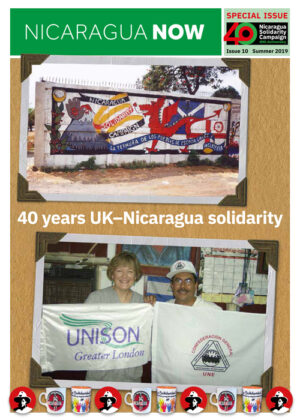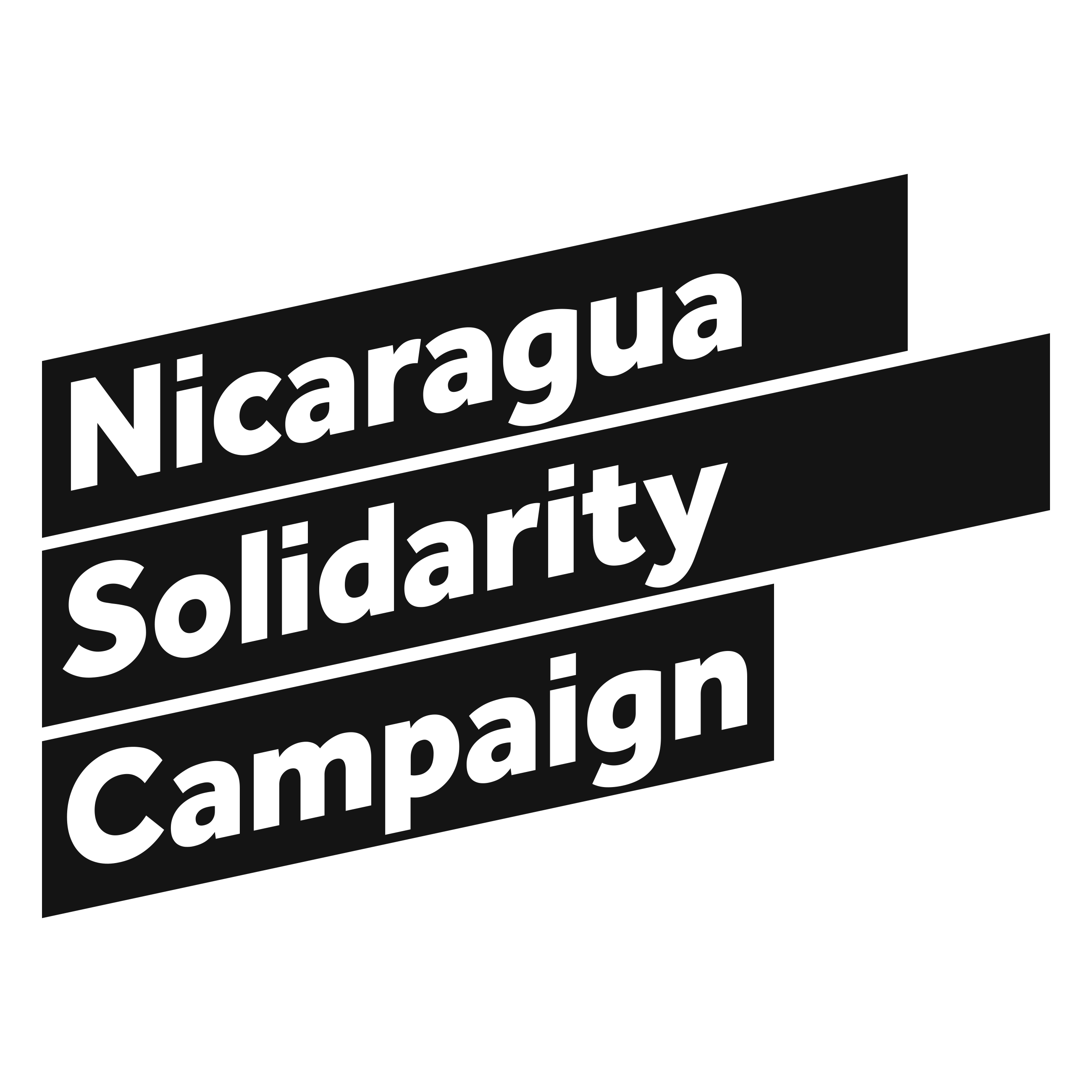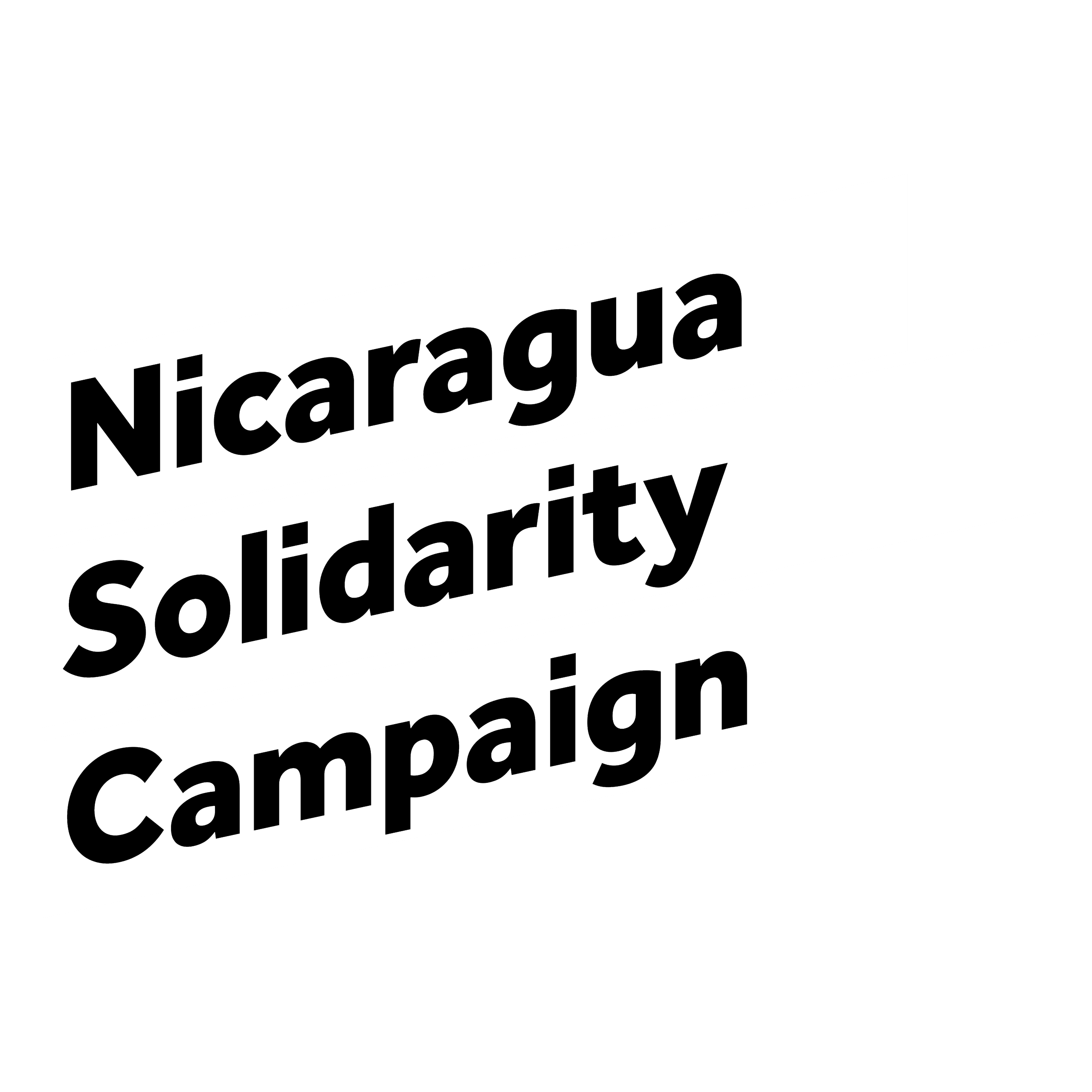Our magazine Nicaragua Now, published annually, contains articles on developments in Nicaragua and news of Nicaragua-UK solidarity activities carried out by NSC, our sister organisation NSCAG, and UK twin towns and local groups.
Nicaragua Now No 13, 2023
The Right to food, health care, education, gender equality
Following on from the setting up of the UN in 1945, other declarations and statutes followed including the 1948 Universal Declaration of Human Rights (IDHR). This Declaration encompasses a comprehensive set of civil, political, economic, social, and cultural rights. The Declaration itself is not legally binding but at the time one binding Covenant was intended.
Because of the Cold War, as lawyer Dan Kovalik explains, these rights became separated with two covenants: one on civil and political rights and the another on economic, social, and cultural rights.
The West in general and the US in particular value the first above the second. In fact, the US is a signatory to the Covenant on Civil and Political Rights but has never even ratified the Covenant on Economic, Social and Cultural Rights.
The US mantra is essentially to claim that social and economic rights are ‘socialist’ and will inevitably infringe on the civil and political rights. For this reason, they choose to ignore the fact that countries like Nicaragua and Cuba have an exemplary record on providing health care and education.
In this issue of Nicaragua Now we feature articles on Nicaragua’s holistic approach to tackling entrenched poverty with examples of advances in health care, education, gender equality, property rights, and support for the social economy.
As Rick Kohn, professor of Animal Science, University of Maryland commented:
‘Hunger, poverty, and illiteracy are major issues plaguing much of the world, and climate change is one of the greatest threats to human beings on the planet. Nicaragua is setting an example an example for sustainable development that addresses all these issues.’
Nicaragua Now No 12, Spring, 2022
Food sovereignty, agroecology, climate justice
“We are the ones who feed the world. We provide 70-80% of the food you eat yet our voices are missing. Only the voices of agribusiness are allowed to speak, what we are witnessing is corporate capture of UN systems. Private finance, not governments are making the decisions”. Land Workers Alliance/La Via Campesina commenting on COP26
This issue of Nicaragua Now looks at the example of the Nicaraguan Rural Workers Association (ATC), a member organisation of La Via Campesina. As Dionys Melgara (ATC) highlights:“the future of healthy, sustainable agriculture is in the hands of young people and the way forward is through agroecology.’
Find out more about the integration of the next generation into the work of the Gloria Quintanilla women’s co-operative, and the technical, political and ideological training being provided by Latin America Agroecology Institute (IALA) Ixim Ulew.
Over the last three years Nicaragua has been through two major hurricanes, the Covid pandemic, and an attempted coup. Seventy per cent of Nicaraguans are employed in the social economy, a sector that has played a critical role in strengthening communities and preventing the drift to cities and abroad.
Nicaragua Now also features news of NSC and NSCAG’s work in the UK, continuing solidarity with trade unions and social movements such as the ATC.
Nicaragua Now 11, Autumn, 2020
Nicaragua has suffered not just one but three major blows in two years: the failed coup in 2018, the Covid-19 pandemic, and the intensification of US sanctions.
What is it about the country that enables it to not only withstand such pressures, but also to maintain its commitment to poverty reduction and infrastructure development, and to play a leading role internationally in advocating for far more radical measures to combat the climate crisis?
This issue also explains how the Nicaraguan Rural Workers Association (ATC) is developing agroecology as a tool for social and political transformation; the way in which the social economy has sustained Nicaragua through crises; and the example of Sandinismo over four decades from the perspective of trade unions.
Nicaragua Now also features news of NSC and NSCAG’s solidarity work in the UK, continuing solidarity with trade unions and social movements such as the ATC.
Nicaragua Now 10, Summer, 2019
40 years of UK–Nicaragua Solidarity
The overthrow of the Somoza dictatorship by Sandinista forces in 1979 was a defining event in Latin America and the Caribbean, as well as globally.
Nicaragua became a beacon of hope regionally and internationally. In Latin America, the Sandinista Revolution represented the fulfilment of dreams that had been brutally destroyed in a CIA-backed coup in Chile six years previously.
Hundreds of thousands of people around the world participated in a global movement to support the Sandinista Revolution and to condemn US aggression: NSC, set up in 1978, was one such group.
This publication tells the story of the tens of thousands of people in the UK, particularly in the labour movement, who have contributed to sustaining solidarity through four decades of profound political change in Nicaragua, the UK and globally.
This publication is dedicated to the Nicaraguan organisations we have worked with, and their struggle against enormous odds to build a society based on social and economic justice, free from outside interference.


